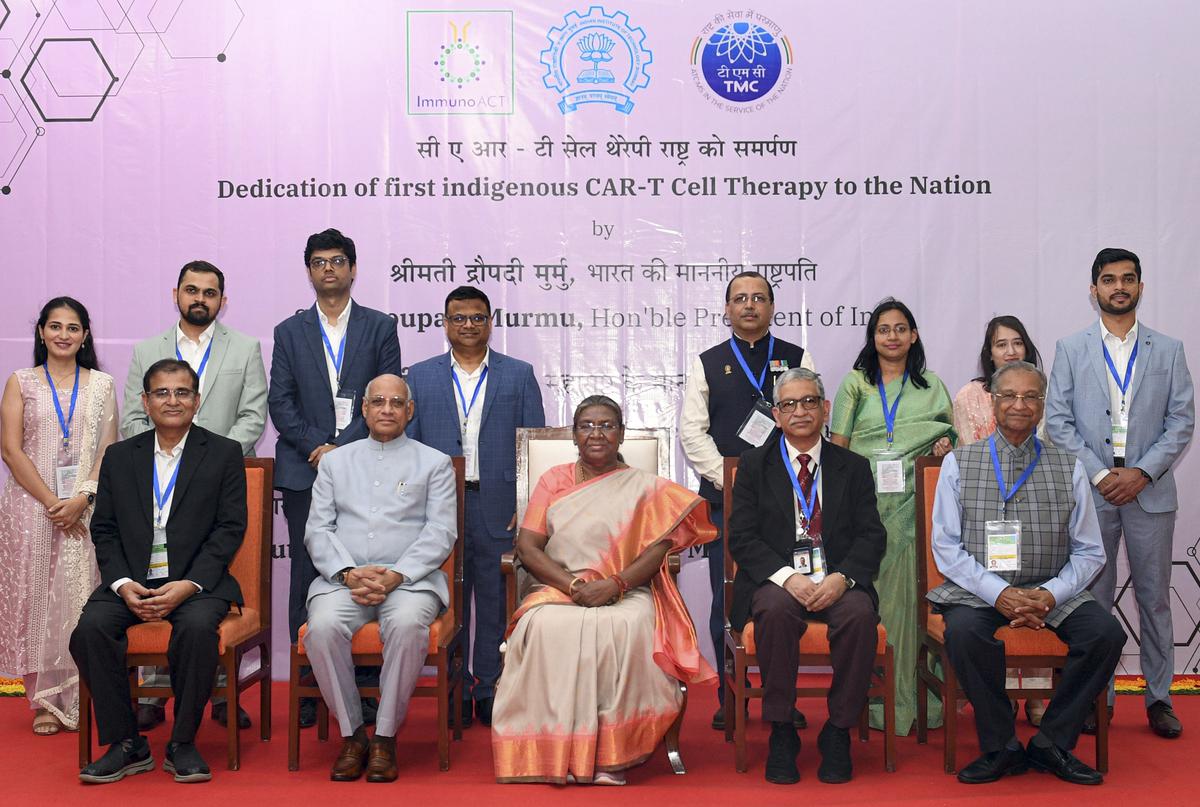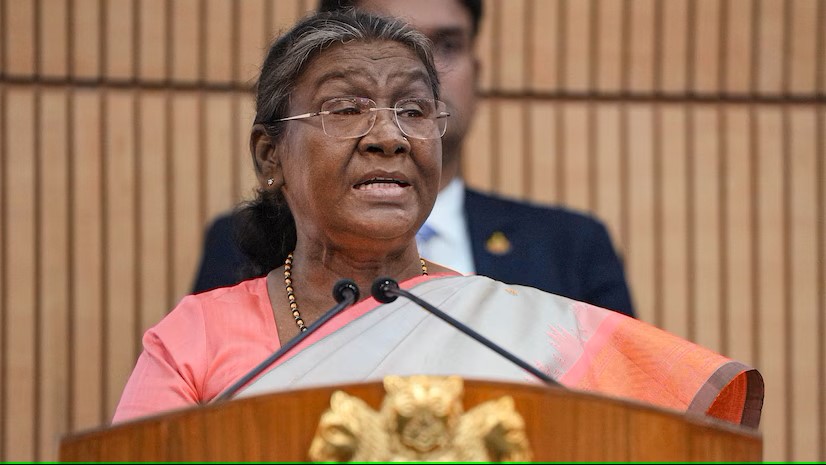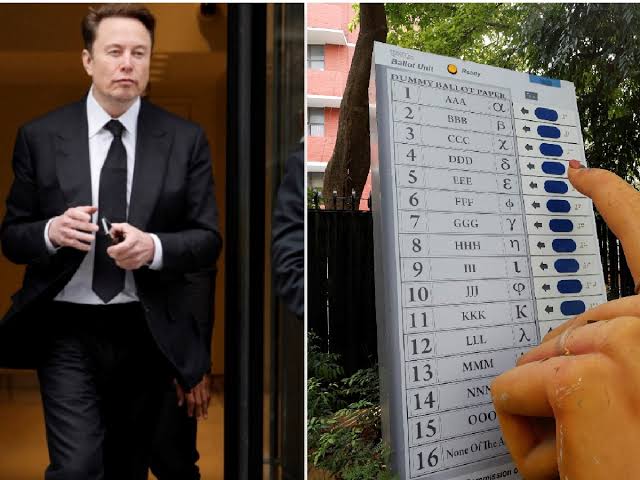President Droupadi Murmu inaugurated India’s first domestically developed CAR T-cell therapy for cancer treatment, heralding it as a significant breakthrough offering new hope in the fight against cancer. Collaboratively developed by the Indian Institute of Technology (IIT) Bombay and Tata Memorial Centre, this gene-based therapy is being introduced in India at approximately one-tenth of its cost abroad, according to a senior official.
 Addressing the launch event at IIT Bombay, Murmu emphasized the indigenous development of the therapy as a testament to the Make in India initiative. CAR T-cell therapy involves modifying a patient’s immune system cells in the laboratory to target and eliminate cancer cells. The ‘NexCAR19 CAR T-cell therapy’ marks India’s first domestically produced CAR T-cell therapy, expected to significantly reduce treatment costs. Murmu hailed this therapy as a remarkable advancement in medical science.
Addressing the launch event at IIT Bombay, Murmu emphasized the indigenous development of the therapy as a testament to the Make in India initiative. CAR T-cell therapy involves modifying a patient’s immune system cells in the laboratory to target and eliminate cancer cells. The ‘NexCAR19 CAR T-cell therapy’ marks India’s first domestically produced CAR T-cell therapy, expected to significantly reduce treatment costs. Murmu hailed this therapy as a remarkable advancement in medical science.
“The development of this therapy is also an example of the ‘Make in India’ initiative and speaks volumes about Indian scientists and physicians,” she remarked.
“The launch of India’s first gene therapy is a breakthrough in our battle against cancer. As this line of treatment, named CAR T-cell therapy, is accessible and affordable, it provides new hope for the whole of humankind,” Murmu added. Sudeep Gupta, director of the Tata Memorial Centre, highlighted the exorbitant cost of CAR T-cell therapy, making it inaccessible to a vast majority of people.
Although NexCar19 requires custom manufacturing for each patient under stringent conditions, it is being rolled out at approximately one-tenth of the cost compared to its availability outside India, Gupta noted. Prof Subhasis Chaudhuri, director of IIT Bombay, stressed the significance of the low-cost CAR T-cell therapy for both the country and cancer patients, positioning India firmly on the global map of cell and gene therapy.
“Just like Chandrayaan-3 that launched India’s entry into the elite space club, the CAR-T cell therapy heralds India’s entry into the cell and genetic engineering group,” Chaudhuri remarked. Gupta estimated that the treatment will benefit around 20,000 Indians annually, marking a milestone in cancer care and genetic engineering.
“This treatment is not only a scientific achievement of the highest order but also has immense practical application. NexCAR19 will save many, many lives and wipe many, many tears,” he concluded.




